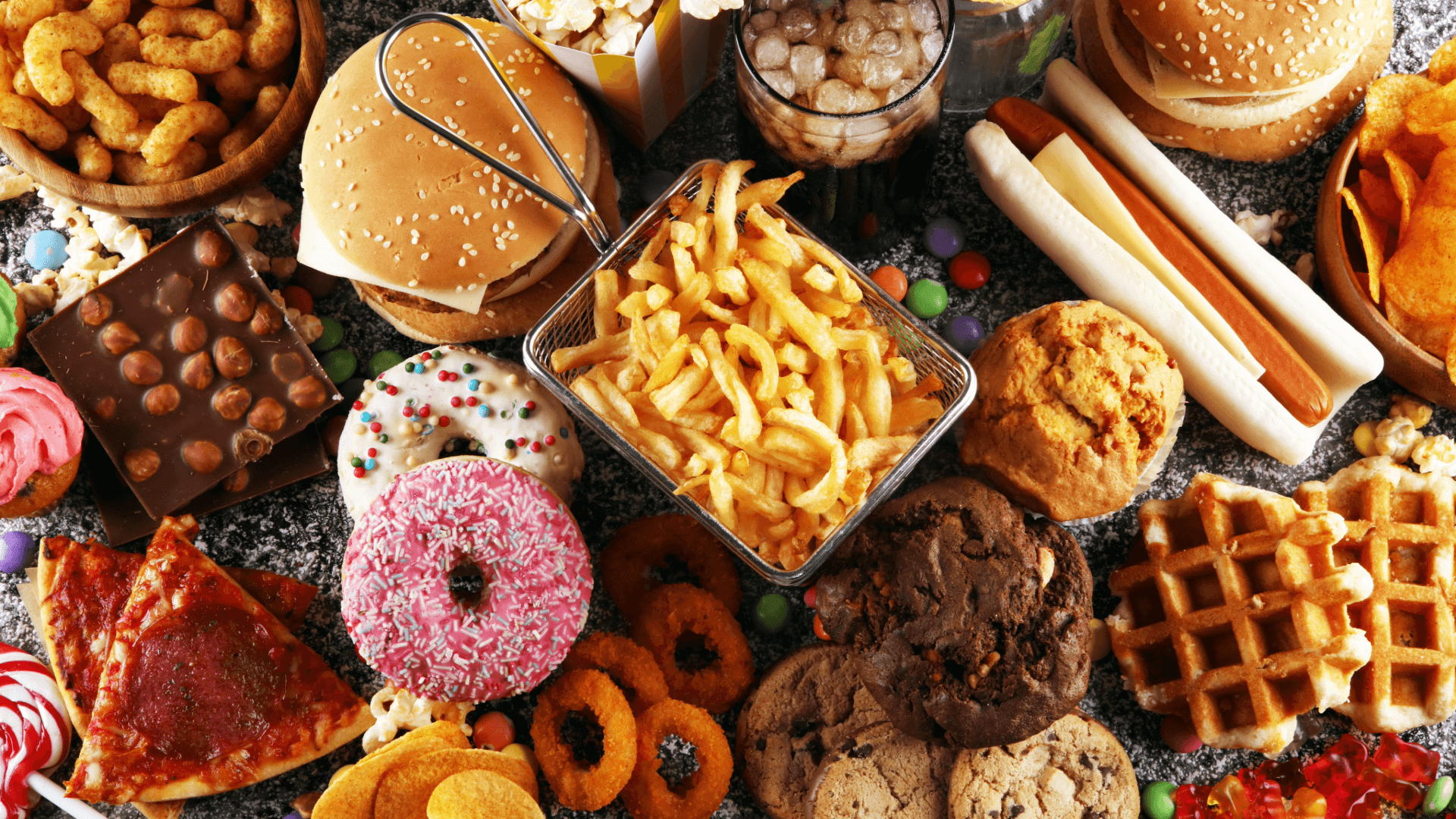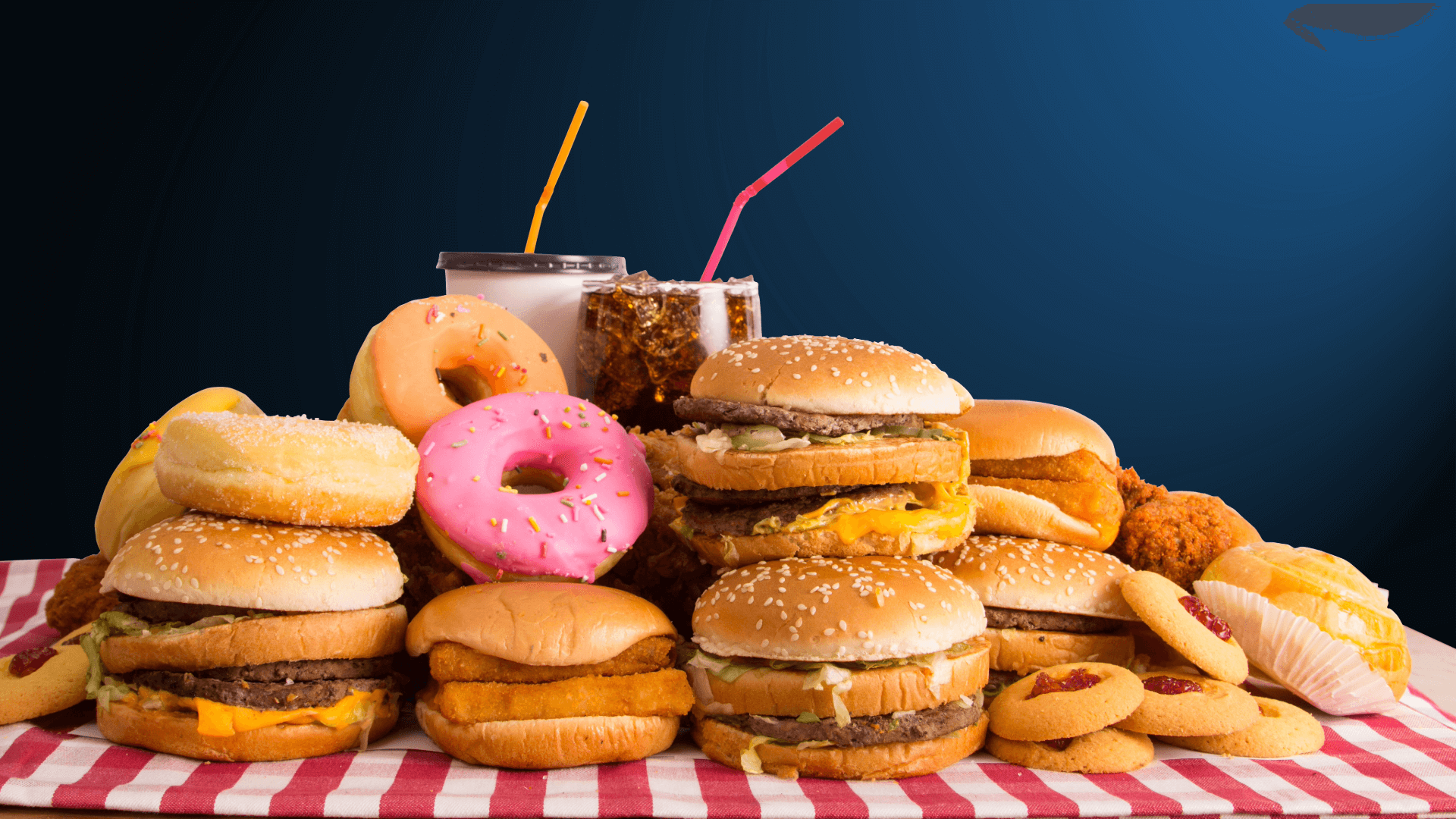UK to Ban Junk Food Ads Before 9 pm by 2025
Posted by Emily on 13th Sep 2024 Reading Time:
The UK government has confirmed plans to ban junk food advertisements from airing on television before the 9 pm watershed, with the changes set to take effect in October 2025. This move is part of a broader effort to address childhood obesity and reduce children's exposure to unhealthy food and drink marketing.

A complete ban on paid-for online ads promoting products high in fat, salt, and sugar (HFSS) will also be implemented. Health Minister Andrew Gwynne outlined these restrictions in a statement to Parliament, emphasising that the measures aim to protect young people from the influence of advertising that shapes their dietary choices.
Public health advocates have welcomed these new regulations,who view them as long overdue. Research consistently highlights the correlation between increased exposure to junk food advertising and higher consumption of unhealthy products among children. James Toop, CEO of Bite Back, a campaign group supported by chef Jamie Oliver, praised the restrictions, stating they would play a key role in shielding children from the food industry's marketing tactics.
The planned changes, which the Conservative government initially proposed under Boris Johnson, have faced multiple delays. The ban was originally intended to be implemented in January 2023. Still, former Prime Minister Rishi Sunak postponed it, citing the need to allow the food industry more time to adjust, particularly in light of the cost of living crisis. The delay drew criticism from health campaigners who accused the government of prioritising corporate interests over children's health.
Despite these setbacks, the Labour government has committed to enforcing the ban, with Gwynne reaffirming that action is necessary given the growing rates of childhood obesity in England. According to government figures, over one in five children are overweight or obese by the time they start primary school, with that number rising to over one-third by the time they leave. These statistics underscore the urgency of the issue.
Katharine Jenner, director of the Obesity Health Alliance, stressed the need for the food industry to comply with the regulations, stating that companies have consistently resisted such measures. However, with a clear timeline, the government is determined to proceed without further delay.
While many have lauded the restrictions as a positive step, some health organisations argue that more could be done. Peter Babudu, Executive Director at Impact on Urban Health, noted that junk food advertising is still prevalent in public spaces such as streets and public transport, where children are often exposed to unhealthy options. He called for further measures to extend advertising restrictions to these areas.

The government has published a detailed response to a 2022 consultation, clarifying the scope of the new regulations. Products deemed "less healthy" for advertising will be defined in a two-stage approach, providing clarity to businesses. Certain products, such as baby formula, medicinal drinks, and approved meal replacements, will be exempt from the new rules.
As part of its broader commitment to public health, the Labour government has also pledged to introduce other reforms, including a ban on selling high-caffeine energy drinks to under-16s. Prime Minister Sir Keir Starmer has reiterated the importance of addressing childhood obesity as part of a wider effort to alleviate pressure on the National Health Service (NHS). This focus on prevention, he argues, is critical to creating a healthier future for the next generation.

